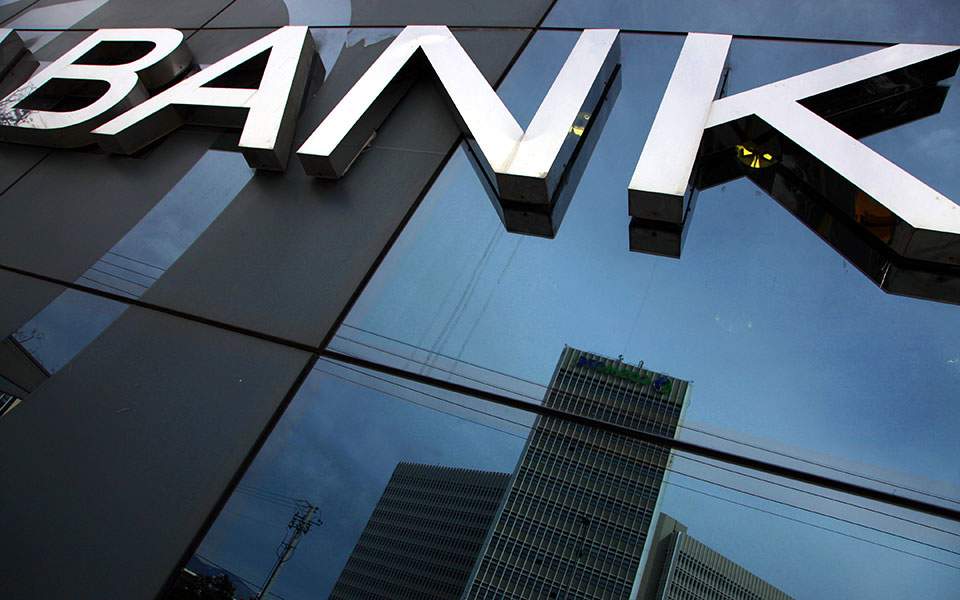A turbulent 20 years for Greek banks

The Greek banking system has radically changed over the past two decades. Mergers and acquisitions had already begun in the late 1980s, but it was two significant events 20 years ago that marked the beginning of a process that has led to the consolidation of the country’s banking sector in the dominant “big four” (Alpha Bank, Eurobank, National Bank of Greece and Piraeus Bank).
In a press conference in August 1999 explaining the acquisition of Ionian Bank by what was then still called Alpha Credit Bank from majority owner Commercial Bank, Alpha’s chairman and CEO Yannis Costopoulos touted its benefits, adding that the bank was looking for further acquisition opportunities.
This quest was fulfilled 12 years later with the acquisition of Commercial itself from French banking giant Credit Agricole, which had bought the bank in the 2000s.
In the same month, the Bank of Greece approved the application by the Latsis Group, through its Luxembourg-based company Consolidated Eurofinance Holdings, for the latter’s subsidiary Eurobank to acquire a 50.1 percent stake in Ergobank.
This acquisition propelled Eurobank, a small private bank until it began an acquisitions binge in the late 80s, to third place among Greek banks by assets.
Back then, National Bank was far and away the biggest Greek bank, with a 35.5 percent market share, followed by Alpha Credit Bank (17.9 percent) and Eurobank (10.1 percent). Commercial Bank, later Emporiki Bank, was fourth, with a 9.7 percent share, followed by the Bank of Piraeus Group (Macedonia-Thrace Bank, Xiosbank and Piraeus Prime Bank).
In the past 20 years, mergers and acquisitions of all sizes have exceeded 30, rendering the landscape largely unrecognizable, even to relatively recently retired bankers.
In the early 2000s, then-National Bank CEO Theodoros Karatzas was asked how many banks were enough for the Greek market. His reply? Two and a half.





